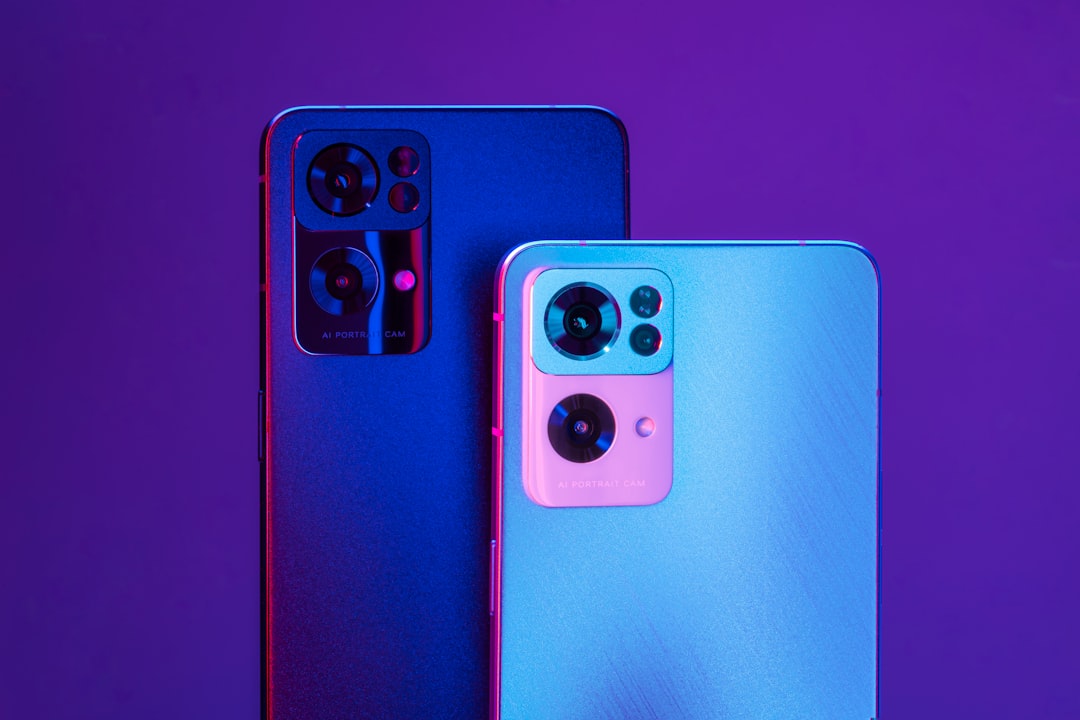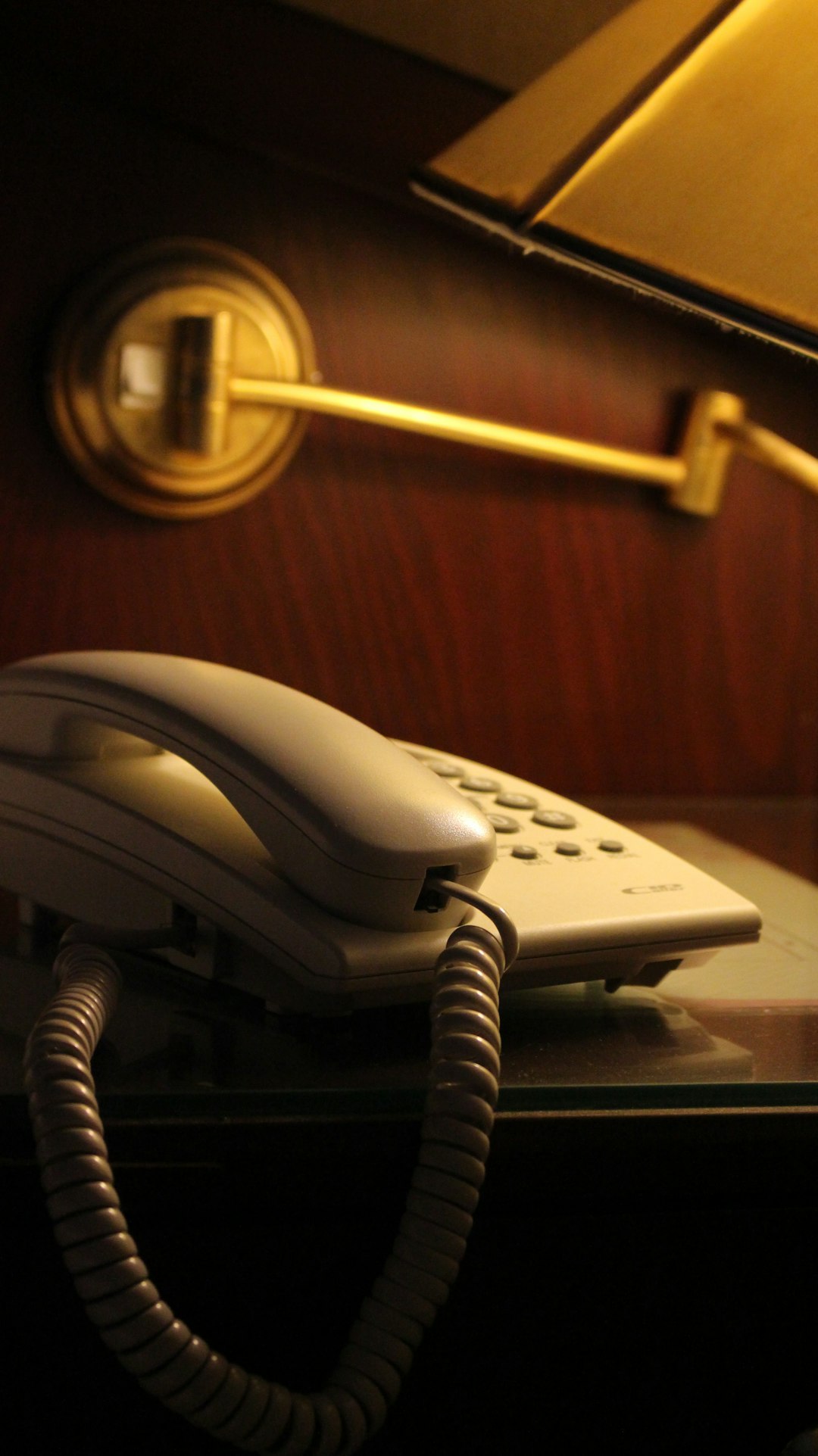Bloomington, Indiana's telemarketing landscape evolved due to unwanted calls from out-of-state law firms, leading to "Do Not Call" lists and legal battles initiated by Do Not Call Lawyer Indiana. State laws now enforce these lists, reducing consumer grievances. The city's guidelines promote ethical practices, empowering consumers and fostering trust. This clearer regulatory environment benefits those seeking legal counsel regarding Do Not Call regulations in Indiana.
In Bloomington, Indiana, the evolution of telemarketing regulations reflects a broader societal shift towards consumer protection. Initially, early telemarketing practices in the city were largely unregulated, leading to numerous complaints from residents about intrusive calls. Legal challenges sparked the creation of do-not-call lists, empowering Hoosiers with control over their communication preferences. Today, modern regulations ensure that businesses adhere to strict guidelines, providing peace of mind for Bloomington’s residents and serving as a model for effective Do Not Call Lawyer Indiana services nationwide.
Early Telemarketing Practices in Bloomington

In the early days, telemarketing practices in Bloomington, Indiana, were largely unregulated, mirroring a national trend. During this period, businesses would frequently employ aggressive sales tactics, often disregarding consumer privacy and preferences. Residents of Bloomington found themselves deluged with unwanted calls, particularly from out-of-state law firms promoting legal services—a trend that sparked frustration and concern among the local community. This era saw few restrictions on who could make these calls and when, leading to a plethora of “Do Not Call” lists being established by residents desperate for respite from the constant influx of telemarketers.
Legal Challenges and Do Not Call Lists

In Bloomington, Indiana, as with many cities across the nation, the evolution of telemarketing regulations has been a complex journey, often driven by legal challenges and public demand for protection from unwanted calls. One significant development was the establishment of Do Not Call Lists, which allow residents to opt-out of receiving marketing calls. These lists are enforced by state laws and regulations, providing a powerful tool for consumers to assert their privacy rights.
Legal challenges have played a crucial role in shaping these regulations. Do not call lawyer Indiana has been instrumental in advocating for stricter norms, leading to increased awareness and enforcement. Cases that establish precedent for telemarketing practices often involve disputes over whether calls fall under legitimate business or intrusive marketing categories, ultimately influencing the legal framework surrounding telemarketing in Bloomington and beyond.
Modern Regulations: Protecting Consumers Today

In recent years, telemarketing regulations in Bloomington, Indiana, have evolved significantly to protect consumers from intrusive and deceptive practices. Today’s modern laws aim to strike a balance between allowing businesses to reach customers and ensuring consumer privacy and peace of mind. One notable development is the implementation of strict “Do Not Call” lists, which Indiana residents can register their phone numbers on to avoid unsolicited calls from telemarketers. This measure has been instrumental in reducing consumer complaints and giving individuals greater control over their communication preferences.
Additionally, Bloomington’s regulatory framework has introduced guidelines for legitimate telemarketing practices, including transparent disclosure of the caller’s identity and purpose, as well as clear opt-out mechanisms. These regulations not only empower consumers but also foster a more trustworthy business environment. By adhering to these standards, companies can demonstrate their commitment to ethical marketing, enhancing their reputation and building stronger relationships with customers in the heartland of Indiana.






